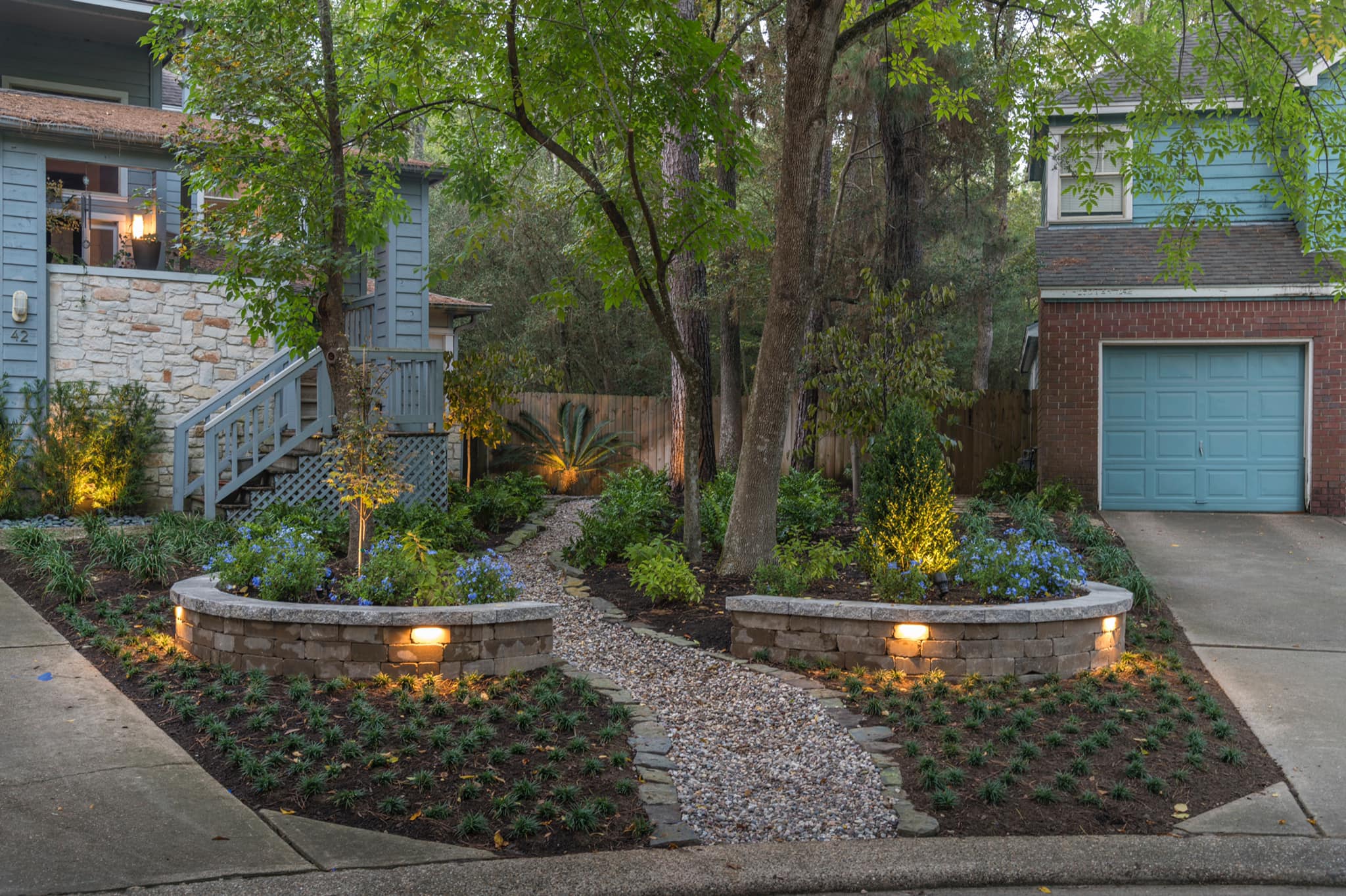
Garden to Table: Designing Landscapes for Homegrown Harvests Nov 07, 2025
The journey begins with thoughtful garden planning. Identifying the right location is crucial. Ideally, choose a sunny spot that enjoys at least six to eight hours of sunlight each day. Good drainage is equally important to prevent waterlogging and ensure healthy plant growth. Our team can guide you in evaluating your space to select the best possible site for your garden.
Once the location is set, the next step is designing the layout. Incorporating raised beds is a popular choice, offering several advantages such as improved soil quality, better drainage, and easier access for planting and maintenance. Raised beds can be made from a variety of materials including wood, stone, or recycled materials, seamlessly integrated into your landscape by our expert hardscaping team.
Soil preparation is the bedrock of a thriving garden. Atlas Land Design emphasizes the importance of enriching existing soil with organic matter, such as compost or well-rotted manure, to boost fertility and structure. We offer soil testing services that provide insight into nutrient levels and pH balance, ensuring your garden soil meets the specific needs of the plants you intend to grow.
When it comes to selecting plants for your garden-to-table paradise, diversity is key. Mix perennial plants such as asparagus, berries, and herbs with annual crops like tomatoes, lettuce, and carrots for continuous harvests throughout the year. Consider integrating companion planting to enhance growth and deter pests naturally. Our knowledgeable team can help you identify which plant combinations will yield the best results in your region.
Efficient watering systems are essential, especially in conserving water while maximizing plant growth. Drip irrigation systems or soaker hoses are excellent choices, delivering water directly to the roots, minimizing evaporation, and reducing weed growth. Our landscaping expertise can ensure that your irrigation system is tailored to your garden's specific needs.
Moreover, hardscaping adds both function and beauty to your garden space. Pathways help maintain access without compressing the soil, while seating areas invite relaxation amidst your growing oasis. Choosing materials like flagstone or crushed gravel can complement your garden's aesthetic while being practical and durable.
Finally, consider utilizing vertical gardening techniques if your space is limited. Structures like trellises or living walls can support vine crops such as cucumbers and beans, maximizing yield without requiring additional ground space.
In conclusion, transitioning from garden to table is a fulfilling endeavor that requires careful planning and execution. At Atlas Land Design, we are committed to helping you design and create a landscape that not only meets your gardening goals but also enriches your outdoor living experience. With our expertise, your garden can become a bountiful, sustainable source of fresh produce, enhancing both your diet and your connection to nature. Reach out to us today to begin crafting your garden-to-table vision.